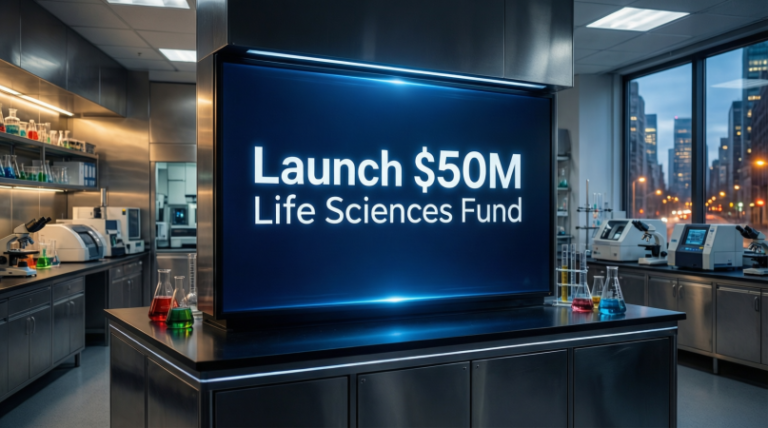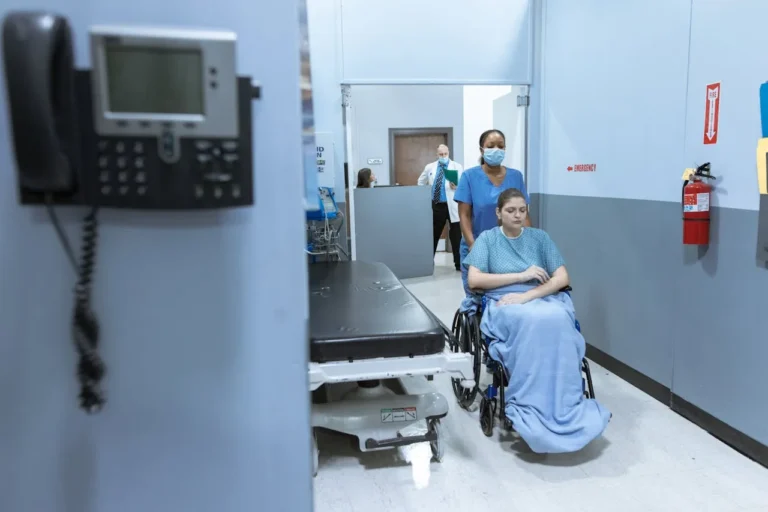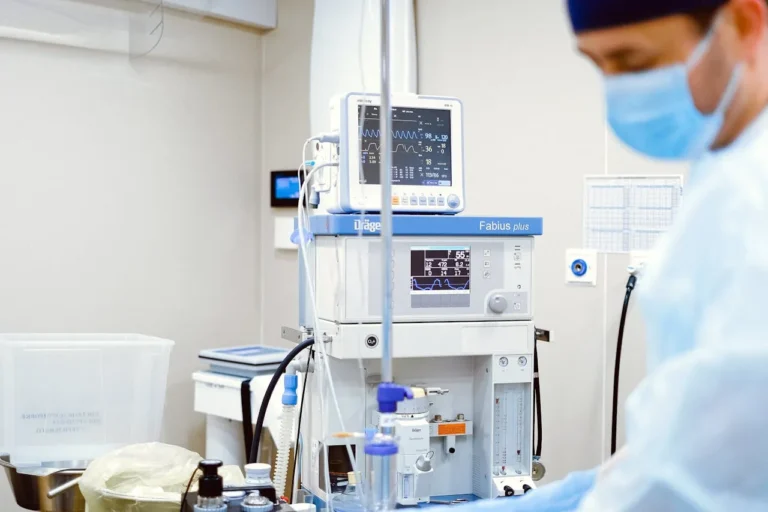
HistoSonics, the maker of the Edison® Histotripsy System, announced the successful treatment of the first pancreatic tumor patients in its GANNON trial. This feasibility study aims to assess the safety of histotripsy, a cutting-edge non-invasive technology that uses focused ultrasound to target and destroy tumor tissue. The trial will involve up to 30 patients with inoperable pancreatic adenocarcinoma, including those with unresectable locally advanced (Stage 3) tumors or Stage 4 cases where the cancer has spread to other areas of the body.
HistoSonics, the developer of the Edison® Histotripsy System, announced the successful treatment of the first pancreatic tumor patients in its GANNON trial, which is being conducted at Sant Pau Hospital in Barcelona, Spain. Led by Dr. Santiago Sánchez Cabús, Clinical Head of Hepatopancreatobiliary Surgery at the Hospital de Sant Pau and Professor of Surgery at the Autonomous University of Barcelona, the GANNON trial aims to assess the safety of histotripsy as a treatment for inoperable pancreatic tumors.
Pancreatic cancer is one of the most challenging cancers to treat. It affects more than 510,000 people globally each year, with an estimated 66,440 patients in the United States alone expected to be diagnosed in 2024. Pancreatic tumors have the highest mortality rate of any major cancer type and are the third leading cause of cancer-related deaths in the U.S., behind lung and colon cancers. By 2030, it is expected to become the second leading cause of cancer-related deaths.
The survival rate for pancreatic cancer remains grim, with a five-year relative survival rate of only 13% across all stages of the disease. Most patients have limited surgical options due to the progression of the disease at the time of diagnosis. Fewer than 20% of patients with pancreatic cancer are eligible for surgery. Additionally, these tumors are often encased in dense, fibrotic tissue, which makes it difficult for systemic or pharmacologic therapies to effectively target and treat the tumor.
Histotripsy, the technology being investigated in the GANNON trial, uses focused ultrasound to non-invasively destroy tumor tissue. It has the potential to provide a breakthrough treatment for pancreatic cancer, particularly for patients with advanced stages of the disease who would otherwise have limited options. Histotripsy is capable of targeting both the tumor and the surrounding fibrotic tissue, offering new hope for patients with inoperable pancreatic tumors.
“Histotripsy has the potential to revolutionize treatment for patients with pancreatic tumors that were previously considered untreatable with traditional approaches,” said Joan Vidal-Jove, M.D., Medical Director of HistoSonics. “Its novel mechanism of action offers new possibilities for patients with advanced disease, who represent the majority of cases.”
Mike Blue, CEO and President of HistoSonics, emphasized the importance of histotripsy in expanding treatment options for patients with pancreatic tumors. “Most patients with pancreatic tumors face limited treatment options and are ineligible for surgery due to the advanced stage of disease. We believe histotripsy provides a non-invasive option to target tumors that were previously considered untreatable. Our goal is to expand the potential of histotripsy across multiple tumor types, improving outcomes for patients and their families.”
The Edison® Histotripsy System, which is currently limited to investigational use for pancreatic applications, is already in use for the non-invasive treatment of liver tumors. It is designed to mechanically destroy liver tumors, including unresectable tumors, through histotripsy. However, the FDA has not yet evaluated the Edison System for the treatment of pancreatic cancer or any specific cancer outcomes.
HistoSonics, a privately held medical device company, is focused on developing non-invasive sonic beam therapy using histotripsy. The company is working to expand the use of its Edison® System to treat liver cancer in the U.S. and other global markets, while also exploring its application in other organs, including the pancreas and kidneys.
While the Edison® System is still under investigation for pancreatic cancer, HistoSonics hopes the GANNON trial will contribute valuable insights into the potential of histotripsy in treating pancreatic tumors and ultimately improve the lives of patients battling this difficult disease.




